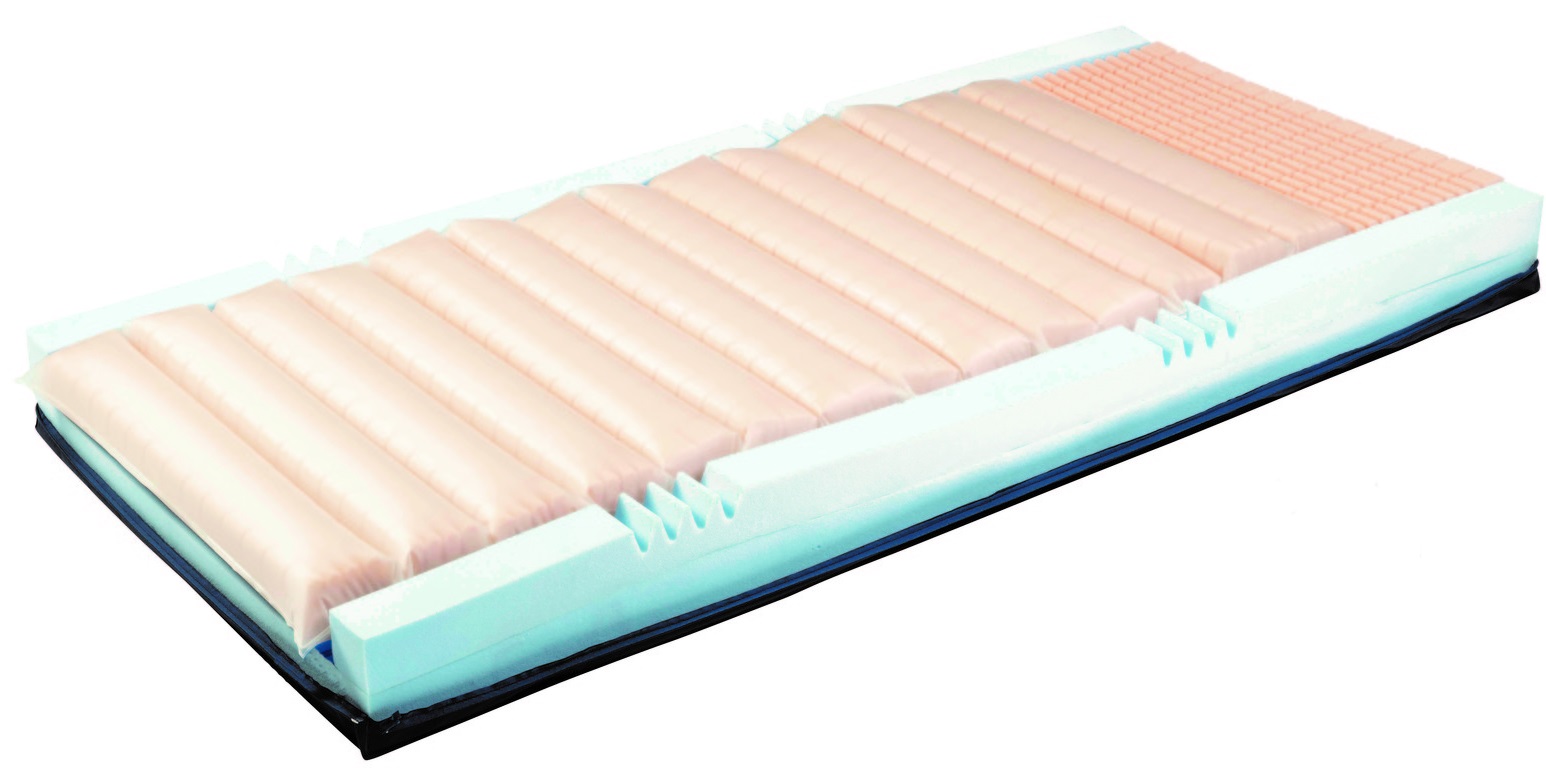How To Choose The Right Mattress for Better Health
- Written by News Company

Getting a good night’s sleep depends upon a host of factors- nose, ambient room temperature, your stress levels and of course your mattress too.
Doctors say that your choice of a good mattress affects your general well being significantly.
Don’t get bedazzled by all those colourful beddings in your neighbourhood store. Some of them may not just be the right product for you. Read this article to get an idea on how to pick the right bedding.
What is a good mattress?
Does your mattress give you a good bounce and support? Do you get up in the morning fully refreshed? Does your mattress give you a restful sleep?
If the answers to all these questions are in the affirmative, then you indeed have a good mattress.
How to choose the right mattress?
Choosing the right mattress depends on certain factors . Some of those might be relevant to you while others may not.
Eight years
Doctors believe that one must buy the next bedding after every 8 years. This isn’t a hard and fast rule, though. Some products last well beyond this stipulated time and it all depends upon your sleeping patterns and the composition of your family. If you live with your aged relatives then their mattresses would certainly last longer.
During those eight years, your mattress wears away significantly. Its springs lose their elasticity, while the fibres lose their tenacity.
Sleep patterns
Not many people realize that their mattresses must conform to their sleep patterns. This means that if you have a particular sleeping style, then you must buy a bedding that adjusts to it.
Illness
Many chronic bed-ridden patients require pressure mattresses. These beds are designed to provide comfort to patients suffering from bed sores. Pressure mattress replacements should be considered only after consulting the physician treating that illness.
Sleeping sideways
Innerspring mattresses are best suited for this sleeping pattern but you can even go in for soft foam mattresses . These products are built in a way that they can support the weight of shoulders and hips.
Sleeping on the stomach
Sleeping this way has its own disadvantages but if you have been a long time stomach-sleeper then you should go in for a dense innerspring or an air-filled or firm foam mattress. Don’t buy an enveloping memory foam, else you will feel suffocated.
Back sleepers
Not every mattress is suitable for those who like sleeping on their backs. There are some beddings that make you feel tired in the morning. We suggest a mattress that can support your back and other heavy parts of your body. An ideal mattress will be one that keeps the alignment of the spine in the perfect position.
Managing your partner
If your partner continuously tosses up and down and makes a lot of movements during his/ her sleep than buy a mattress that isolates his motion. Consider buying innerspring bedding with pocketed coils in this case. Else, you can also opt for a dual chamber air-filled mattress or bedding made with latex or foam.
Please remember that this kind of a bedding may make your partner uncomfortable.
Are you allergic?
People who suffer from allergies (skin, heat/ cold, microbial, pollens etc) should buy latex and foam based mattresses. These substances are antimicrobial in nature and keep your allergies at bay while you are sleeping.
Back pain
Chronic sufferers of back pain should opt for memory foam and/or latex based mattresses. These beddings adapt themselves to the body shape of the sleeper.
Firmer base
If you are looking for beddings that are firm and hold on to your weight then go in for memory foam and/ or latex based mattresses. To find out the firmness of your bed, check the density and the thickness of the foam. Modern foam based mattresses have different densities of the substance to adapt to your weight.
Conclusion
Buying a mattress is not as simple an affair as one might think. Your choice of a mattress should be guided by your body weight, sleeping pattern and a few other factors.

